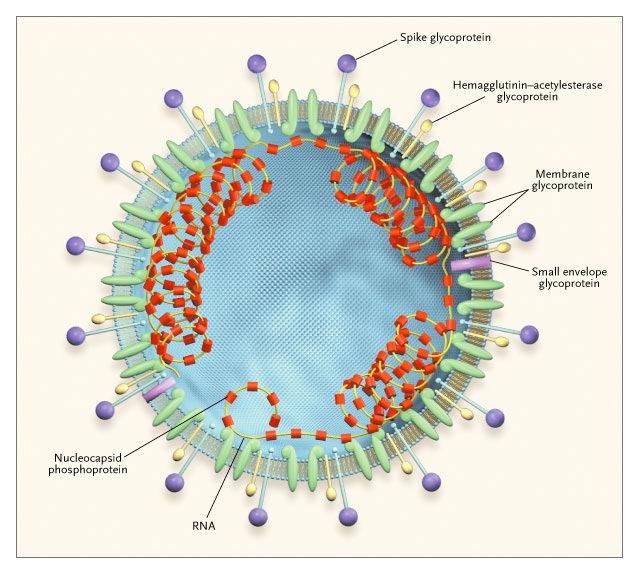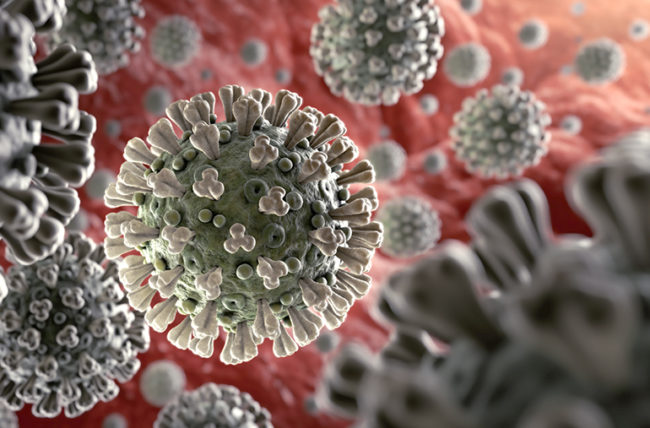Types and Causes of Brain Hypoxia | Health Tips
In this article, we will look at the types and causes of brain hypoxia. Brain hypoxia occurs when the oxygen flow to the brain is less than what is considered normal. Normal oxygen flow allows the brain to function properly according to the body's needs.
We must understand that the brain is an organ that should not stop functioning. Different parts of the brain are activated at different times, but the rest of the body's components depend on the brain's exact performance.
And the brain consumes a lot of oxygen due to its continuous function. In addition, oxygen enters the arteries and secretes blood into the brain. Therefore, when blood decreases, oxygen also decreases.
The lack of oxygen has a huge effect on the brain. Cells that make up the brain begin the death process after about 5 minutes without oxygen. This is known as cerebral infarction and is closely related to the occurrence of brain hypoxia.
Causes of Brain Hypoxia:
There are many causes of brain hypoxia. Sometimes it is because the oxygen reaching the skull area decreases, and in other cases, blood flow decreases in addition to oxygen.
Some Causes:
- Elevation decreases the oxygen the brain uses to function. It is also an altitude sickness related to sports activities such as climbing or climbing.
- Carbon monoxide is a major cause of gas poisoning. When this poisoning occurs, oxygen disappears from the blood and carbon monoxide takes its place. In this way, the cells of the body are supplied with components that cannot be used for metabolism.
- For example, some pathologies, such as amyotrophic lateral sclerosis, attack the respiratory centers of the brain and paralyze the respiratory muscles. If the breathing mechanism fails like that, less oxygen is supplied and a mechanism such as suffocation is triggered.
- Suffocation, whether intentional or motivated by crime or accident, causes brain hypoxia. Choking, drowning with water, and inhaling smoke from the fire are some of the many forms of suffocation.
- Arterial hypotension occurs when blood pressure is too low to properly deliver blood to all body tissues, especially those farthest from the heart. The brain is also one of the areas affected by this condition.
- Heart disease that limits normal pumping capacity and speed can cause brain hypoxia. This includes acute diseases such as myocardial infarction or chronic diseases such as arrhythmia.
- Stroke is a situation in which clotting occurs in certain areas, clogging of the cerebral arteries, or damage to blood vessels in the brain causes bleeding, which causes brain hypoxia.
Types of Brain Hypoxia:
Brain hypoxia can be classified according to the affected brain area. Some hypoxia only damage cells at certain points in the brain, while others stop normal flow.
The types of brain hypoxia are:
- Topical: In this case, brain hypoxia is concentrated in one place. A typical example is a stroke that occurs in a clot clogging the brain artery.
- Diffusion: This is a decrease in brain oxygen flow that occurs evenly throughout the brain, not too seriously. Brain cells function less, but infarcts rarely occur.
- All: In this case, the decrease in oxygen affects the entire brain. And the lack of oxygen causes the cells to die. Subsequent symptoms may vary depending on the area of the brain affected.
- Giant: This is the most severe case of hypoxia in the brain, and a large area of the brain infarcts at the same time, putting subsequent recovery and life at risk.
Symptoms of Brain Hypoxia:
Symptoms of brain hypoxia depend on how long the oxygen deficiency lasts, but some of the signs are very unique. As mentioned above, hypoxia for a few seconds leaves no sequelae, but a stroke is apparent if it continues for 5 minutes.This can lead to a lack of attention, loss of memory, a funny sensation at the end of the body, and a speech disorder after momentary brain hypoxia. The same is true for paralysis-like movement restrictions.
If the lack of oxygen flows for a long time, the loss of consciousness may result in fainting and coma. At this point, immediate medical care is required, so urgent care is essential.
Heart failure also occurs when brain hypoxia exceeds 5 minutes. A weak heart attack can lead to subsequent recovery through rehabilitation, but a severe heart attack can cause brain death.
Therefore, if you have any neurological symptoms, you must consult your doctor.
In addition, if a person is stunned and does not respond immediately or has convulsions, the emergency medical institution should be contacted for prompt and corrective action.






0 Comments